Kenia trata de rastrear y erradicar la mutilación genital femenina a través de una unidad judicial especializada que sanciona esta práctica cultural, en una lucha que afecta a millones de niñas y mujeres empujadas a conseguir la aprobación de sus comunidades.
Con pasos lentos y laboriosos, la Unidad Antimutilación Genital Femenina (MGF), puesta en marcha en mayo de 2014, ha conseguido llevar ante un tribunal 79 casos en los últimos dos años.
Para combatir una lacra que aún hoy afecta al 27 por ciento (9,3 millones) de las mujeres y niñas en Kenia, y a 200 millones en todo el mundo -según la ONU-, esta unidad judicial dispone de dos vías: la constructiva, a través de la formación, y la punitiva, a través del código penal.
«Enfrentarse día a día a la cultura no es fácil, no podemos acabar de raíz con algo tan profundo, tratamos de dar una alternativa a una costumbre cultural», explica a Efe la directora de este cuerpo especializado, Christine Nanjala.
Entre sus acciones, destaca la formación especializada de jueces, talleres de sexualidad en las comunidades o el trabajo en red con los 47 condados y 22 de los subcondados de Kenia, labor que cuenta con el apoyo de la Administración, Policía, organizaciones no gubernamentales y centros sanitarios locales.
La unidad ha desarrollado también un reglamento de enjuiciamiento, debido a la poca especialización de los jueces en estos casos.
«Incluso los jueces pueden proceder de comunidades que practiquen la ablación, así que a veces damos un paso hacia delante y dos hacia atrás», apunta Nanjala.
Esta eliminación parcial o total de tejido de los órganos genitales femeninos, particularmente del clítoris, se produce, en un 93 % de los casos, por causas tribales, muy por delante de las razones religiosas. Además, la educación y la pobreza económica juegan un papel decisivo, según UNICEF.
Preservar la virginidad hasta el matrimonio, purificación, higiene, iniciación a la edad adulta, placer para el hombre, reducir o contener el libido, e incluso pensar que «si no se corta el clítoris, se hará tan grande que arrastrará por el suelo», son algunas de las causas que inducen a esta práctica, explica Nanjala.
A pesar de los esfuerzos gubernamentales, miles de niñas -la mayoría la sufre entre los 5 y 9 años, antes de que sean conscientes de los riesgos- se enfrentan a esta forma de discriminación, relegadas a la creencia cultural de que si no se someten, su futuro marido se estará casando con una niña.
«No podemos tener una sola estrategia que pueda ajustarse a todas las comunidades, hace falta una dinámica para luchar contra la MGF en cada comunidad», apunta la directora.
La ley contempla penas de entre 3 y 7 años, y sanciones por encima de los 200.000 chelines (casi 2.000 euros), y las sentencias recaen sobre quien extirpa, sobre cualquier familiar involucrado, sanitarios que lo practiquen o encubran y hasta la propia persona que de manera autónoma practique la mutilación.
Un 20 % de las niñas de Kenia son circuncidadas por médicos, cómplices de la mutilación por herencia de las comunidades en las que crecieron y se formaron.
En Kenia, que ocupa el puesto 17 de los 29 países africanos que practican la ablación, tan solo 3 de sus 47 tribus no la han practicado nunca, y una veintena de ellas lo siguen haciendo a pesar de su prohibición, apoyadas en una sociedad cómplice.
La mayoría de mujeres de la tribu somalí (94 %), samburu (86 %), kisi (84 %) y masai (78 %) están circuncidadas.
Hemorragias, infecciones, daño de órganos e incluso esterilidad, son algunas de las fatales consecuencias a las que lleva extirpar el clítoris, cosiendo, en ocasiones, no solo los labios del aparato genital, sino la dignidad de quien no podrá gozar jamás de su derecho a ser mujer.
«¿El Gobierno? ¿quiénes son esos, los de allí de Nairobi?. Esos no tienen nada que ver con nosotros, nunca los vimos por aquí», comenta a Efe un grupo de mujeres de etnia samburu en la remota sabana keniana, lejos de las leyes y los esfuerzos de la MGM por poner fin a esta práctica.
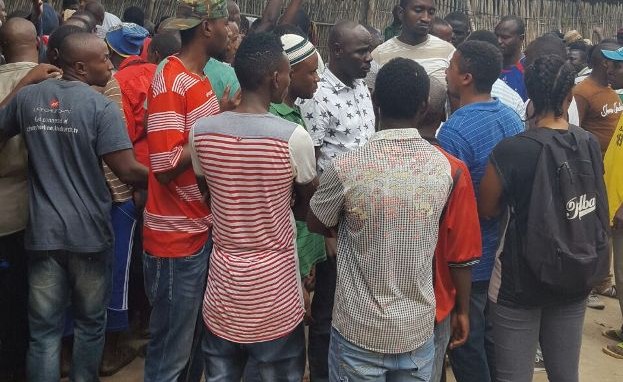
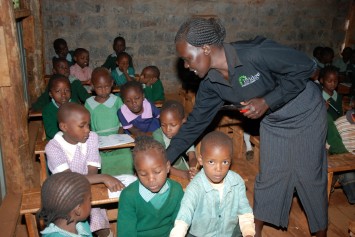

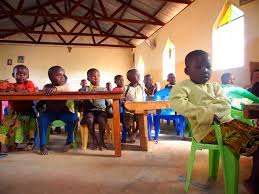

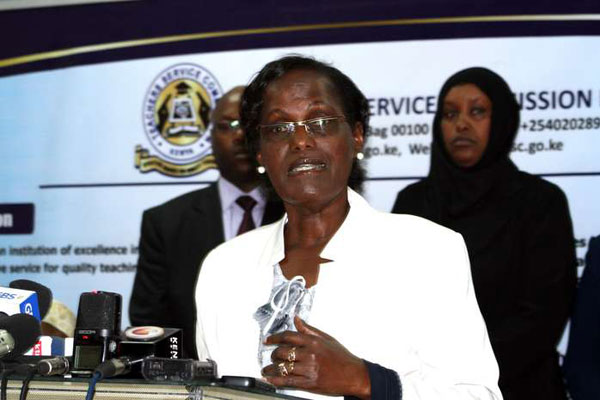
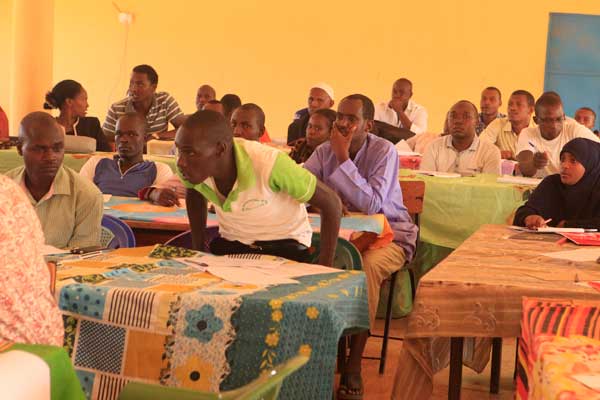







 Users Today : 5
Users Today : 5 Total Users : 35460358
Total Users : 35460358 Views Today : 8
Views Today : 8 Total views : 3419108
Total views : 3419108